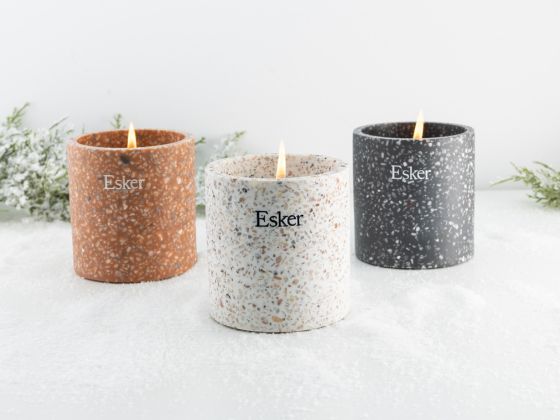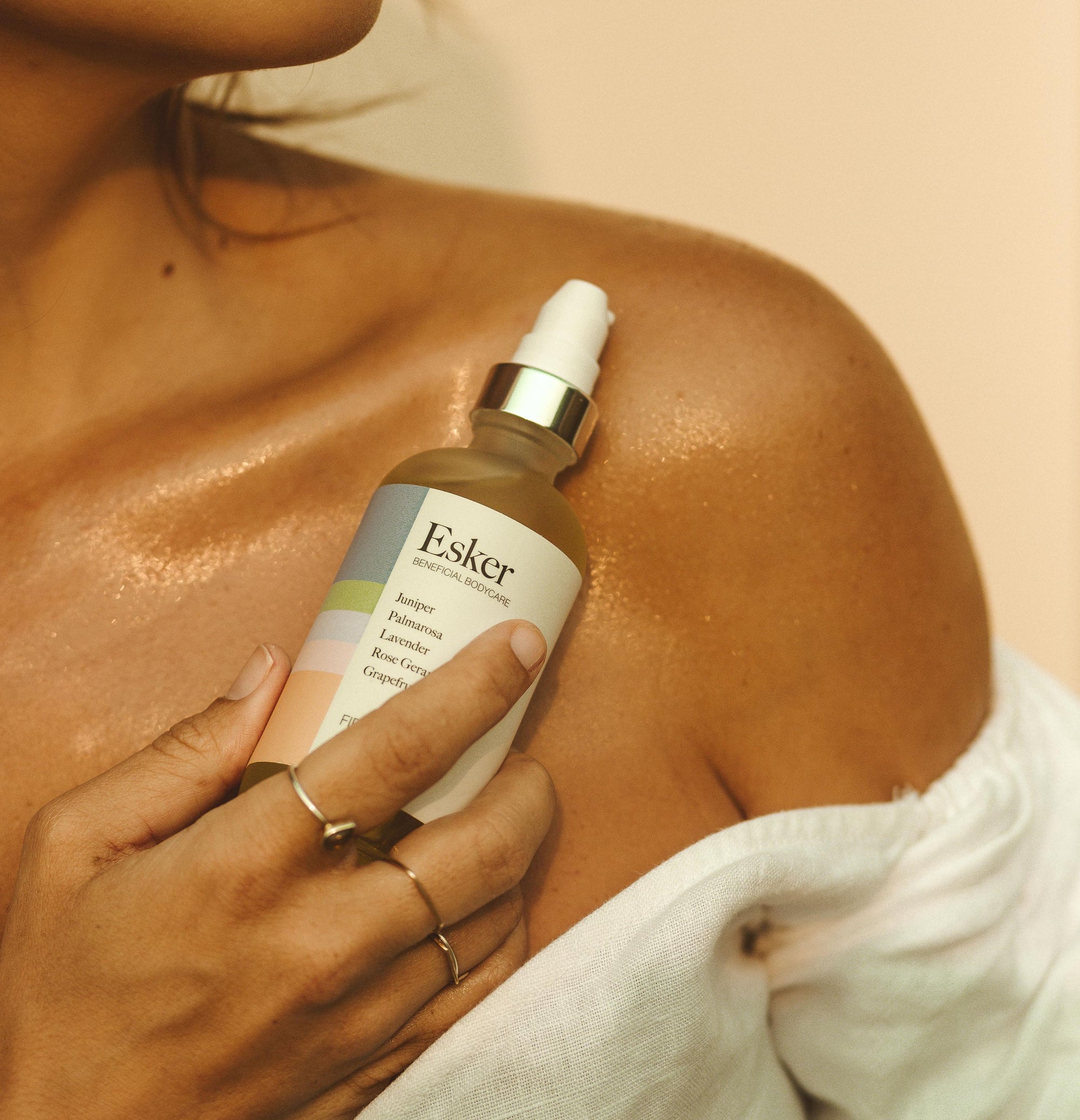When it comes to skincare, most peoples’ first thought is most likely of their faces, even though there’s a whole body of skin below your head. The rest of your body seems to be less fussed over than your face probably because it spends most of its outside time covered up in clothes, unseen by most people. Plus, barring specific skin issues and conditions or excess sun exposure, the skin on your body is probably a lot less fickle too. Those who suffer from hormonal breakouts every month or so probably don’t experience them all over their body—just on their faces. There’s a reason for that, it turns out. The skin on your face and on your body are actually quite different, so they behave differently and require their own kinds of upkeep. Here are a few of those not-so-obvious differences.
1. Body Skin Is Thicker
It may seem negligible as a difference of millimeters but your body skin having a few more layers of skin cells makes quite a difference. For one thing, more skin layers means more layers that new cells need to turnover to fully renew; your skin cells turn over on average every 28 days, and since your body is turning over way more skin cells by volume, you should theoretically be keeping up with it via exfoliation, sweeping away the dead cells to reveal soft, new skin underneath. It’s not the end of the world if you don’t, but keep in mind that a build-up of dead skin cells (even the ones you can’t see) makes a buffet for bacteria to feast on. Some bacteria on your skin is good—that’s your microbiome after all—but allowing bad bacteria like p.acnes to proliferate could lead to body acne.
That said, thicker skin is less sensitive (as the saying goes). Active skincare products like retinols or exfoliating acids would require a higher concentration to be as effective on your body as they are on your face. So your facial skin being thinner makes it more sensitive to environmental damage, skincare products, and irritants—but products that irritate your face would be milder on your body.
2. Your Face Has Way More Appendages
In the context of skin, appendages are all the functional structures that help regulate and protect it—hair follicles, sweat and oil glands, and even nails. Your body doesn’t produce as much oil as your face does because your face has way more sebaceous glands. You may powder your T-zone to stave off midday shine, but not your arms or shoulders, right? Where there are hair follicles there are often sebaceous glands, and their job is to produce sebum as a skin protectant from the elements. You’ll find most of them on your face and scalp—makes sense since your head is exposed to the elements way more than the rest of your body (again, clothes to the rescue). The only place on your body without sebaceous glands are the palms of your hands and soles of your feet; that skin is thicker to withstand all the contact it makes with pretty much everything. If your skin type is oily, you’re very familiar with sebum production on your face, but by comparison, your arms, legs, and torso are practically parched. That’s the main difference with the placement of these glands—it means your body is less adept at retaining moisture and drier as a result. It may not bother you in the summer when your sweat glands are making up for it, but come winter that flaky dryness makes itself much more known. Too hot showers and baths exacerbate skin dryness as well, so using gentle bath products that won’t over strip your skin’s moisture barrier are important, as is sealing in that moisture with a nourishing body oil or cream. It’s all about balance.
3. Face Acne vs. Body Acne
Pores are the gateway to your skin, so to speak, and it might look like your face has many more of them compared to the rest of your body, but they’re just more prone to enlargement since they’re more likely to be clogged by environmental debris, oil, and whatever else you put on there (ie. skincare products and makeup). Since pores act as a form of release for your skin, that means that anything gets stuck in them is liable to clog them, whether coming or going, so keeping them clean is important—anyone with acne knows this well. Bacteria build-up in pores leads to breakouts and bacteria loves chomping on dead skin cells, which as mentioned earlier, is how body acne proliferates.
Body acne affects many people and can be slightly more difficult to treat if it’s in a hard to reach area like your back that’s covered up a lot, keeping sweat and moisture around. However, you may find body acne to be more straightforward to treat with chemical exfoliation (granted your efforts aren’t thwarted by the restrictions of clothing) since it’s more superficial than hormonal or cystic acne. Facial skin often bears the brunt of hormonal breakouts because of its greater amount of oil-producing sebaceous glands, which can be slaves to hormonal whims.
4. Your Face Heals More Quickly Than Your Body
Have you ever noticed how superficial scars on your body take way longer to heal than ones on your face? The cell turnover rate may be the same but your facial skin has more skin appendages—the sweat and oil glands that produce protecting and healing oils—which really help the wound-healing process move along. Your body has less of that so it needs your help to repair and renew cells faster than it already does if you want to keep up. Basically, it’ll be your job to treat a healing scar with reparative, nourishing oils that your body doesn’t produce itself. Same goes for pigmentation and even stretch marks. Thicker skin on the body is basically your armor but all the layers its made of are also extra layers that skin cells have to turn over to fully renew—think of it as the price of protection.






